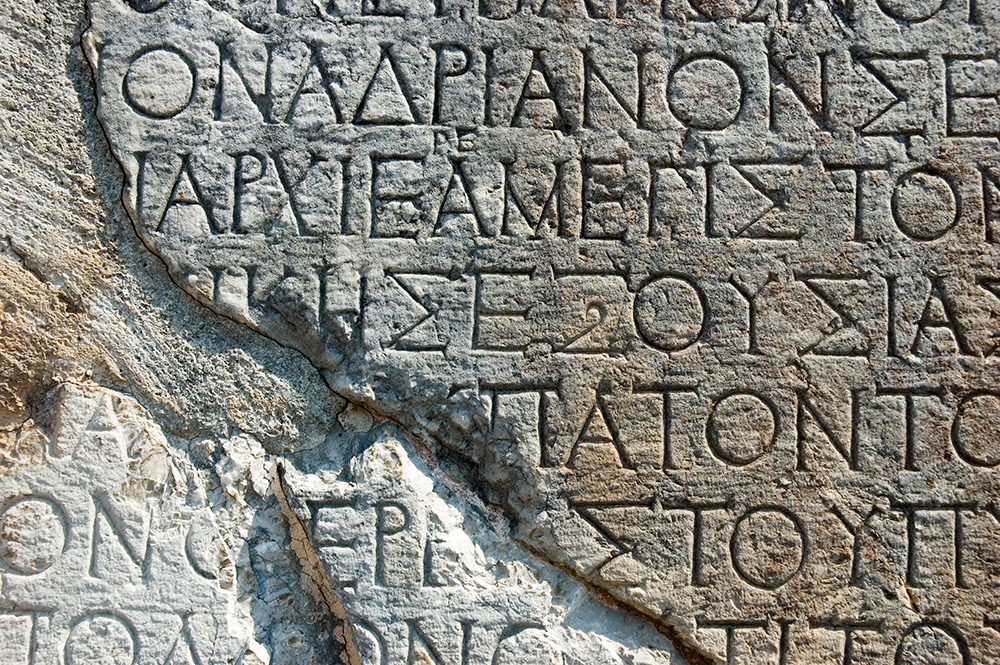As elections approach and arguments become more strident, the term “populism” becomes more and more thrown about, as if it is a bad thing, a form of demagoguery. But what populists do is to represent themselves as champions of “real” people whose interests are completely ignored by the elite. What can be wrong with that? Let the ancient Greeks help out.
In Greek, dêmagôgos was a neutral term meaning “leader of the people,” and in this sense was used of Pericles (d. 429 BC). But it could be used to describe a rabble rouser. The most famous example was Cleon (d. 422 BC), described by the historian Thucydides (who hated him) as “very violent” and, as a dêmagôgos, “very influential,” in a detrimental sense. But detrimental to whom? The point is that in classical Athens all decisions were taken by the citizen assembly, at which anyone was allowed to speak. Whatever was agreed was, by definition, the will of the people. So every speaker had to be a populist: there was no political elite, let alone huge bureaucracy, to assuage.
Whatever other advantages one may have had (wealth, family connections, etc.), persuasive abilities were all that counted in the assembly. And that was how Pericles exerted a powerful influence over it for some twenty years. Thucydides judged Athens at that time as “in name a democracy, but in fact rule by the first man.” Well, yes, but only because the assembly was inclined to be persuaded by him. He knew how to handle its moods.
Cleon’s tactics were twofold: to end his rivals’ careers via the courts (sound familiar? On one occasion he had Pericles briefly removed from office); and in assembly to launch vicious attacks on the motives and integrity of anyone not prioritizing the interests of the people (he himself, for example, persuaded the assembly to raise the pay for jury service). Populist and demagogue, then, both claimed to have the interests of the people at heart; the means by which they achieved that end was the difference. Is that the case today?
;768:[300×250,336×280,320×100];0:[300×250,320×100,320×50]”]This article was originally published in The Spectator’s March 2024 World edition.


























Leave a Reply